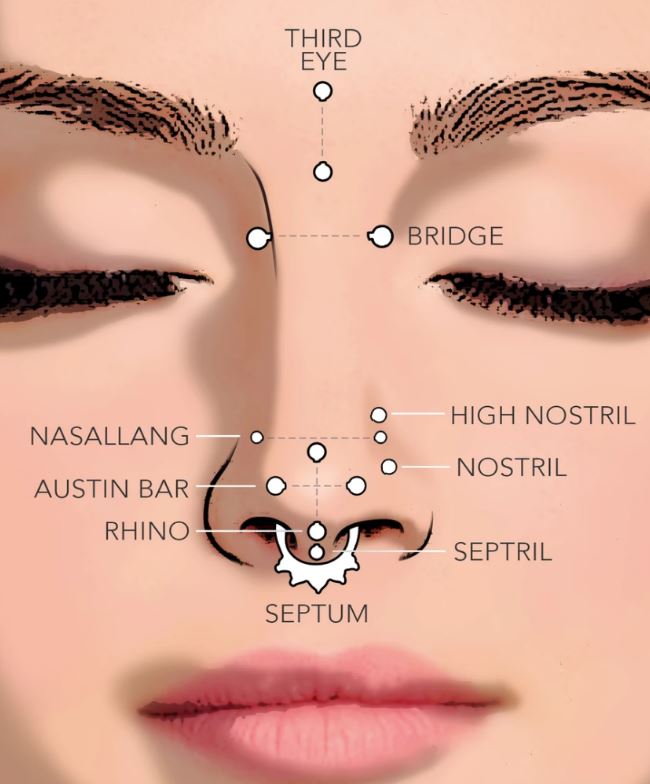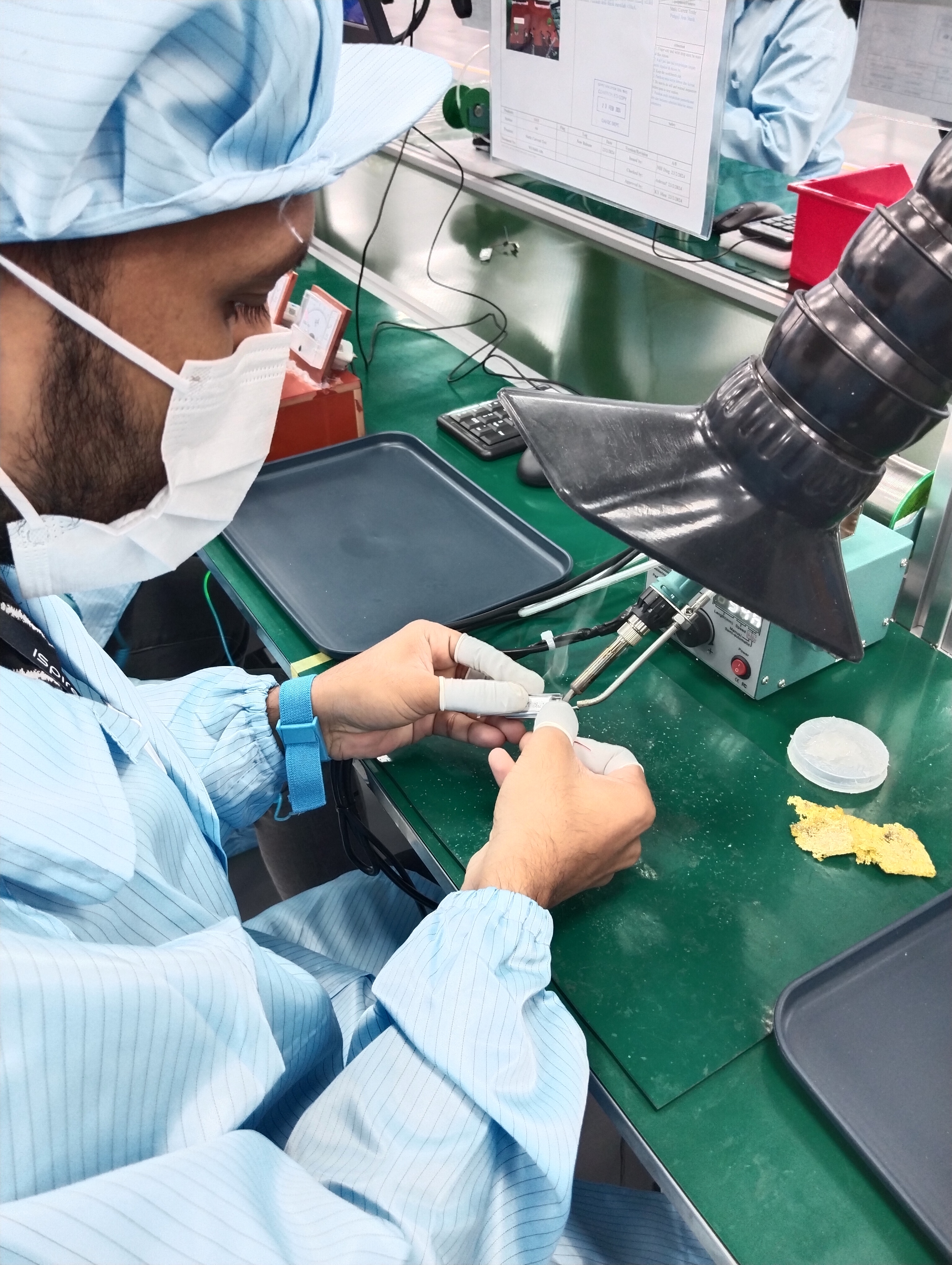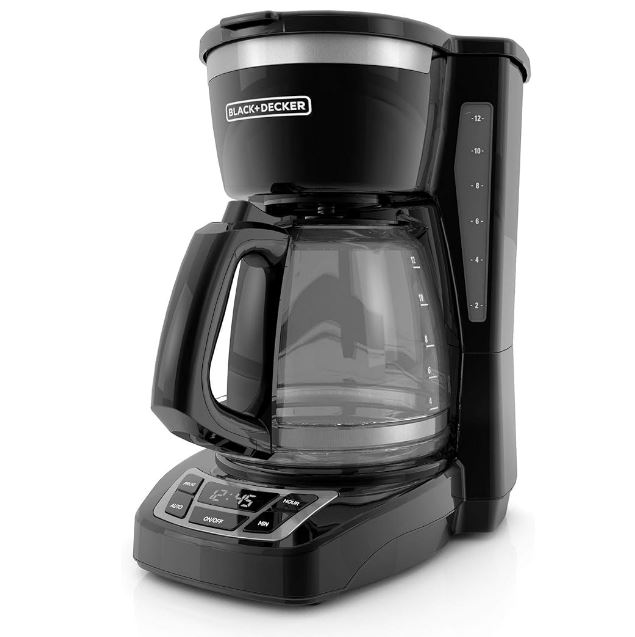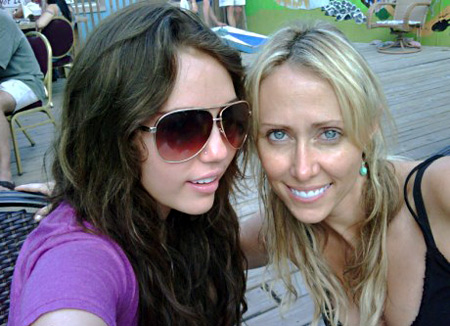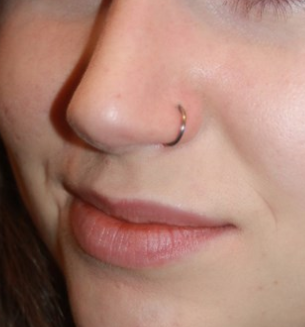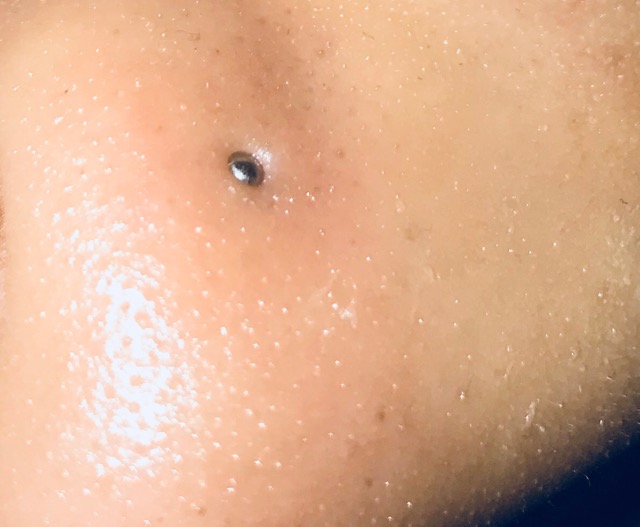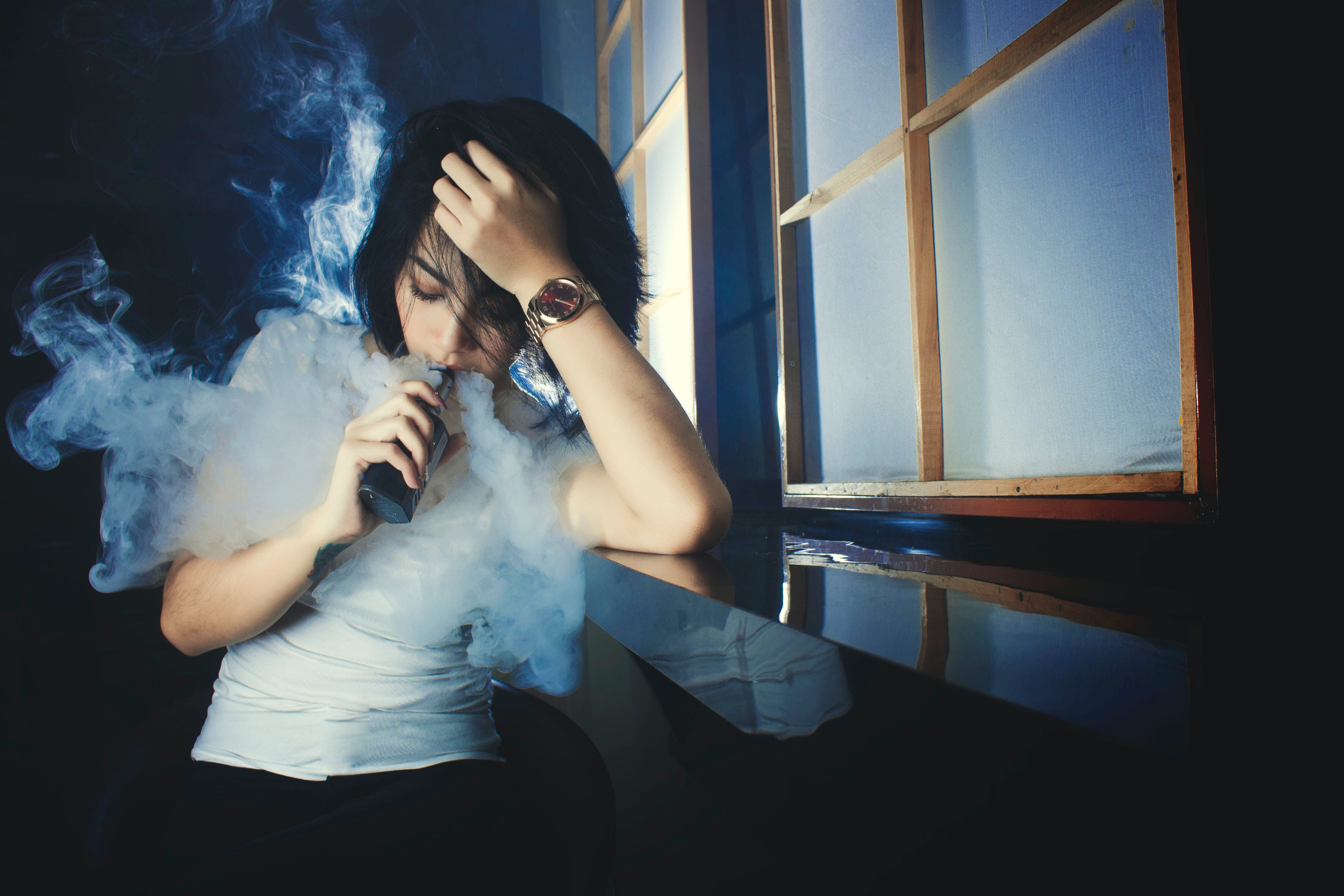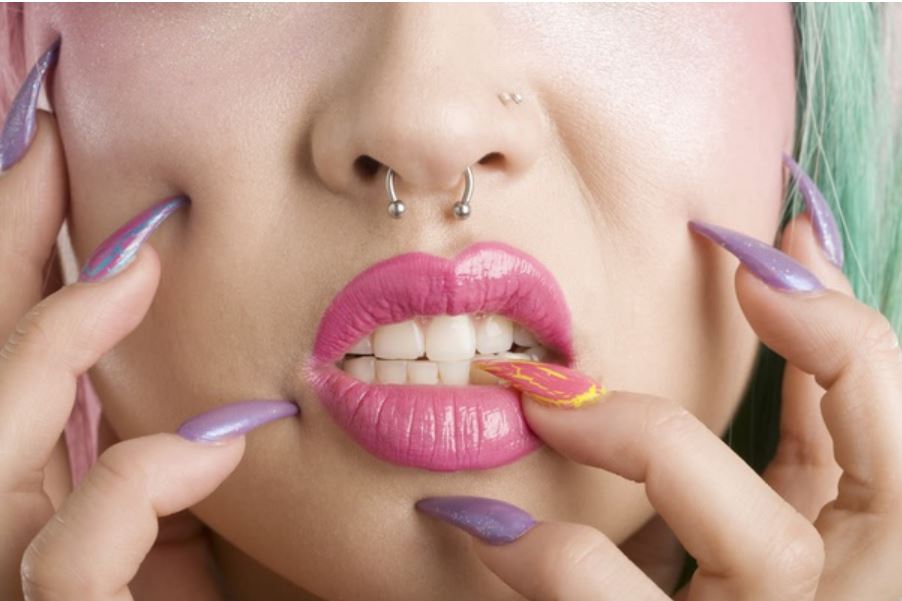Sponsor Ads
Non-China Vape, 510 Cartridges & Battery Device Maker
If you are going for a vape manufacturer out of China we are you best choice. We offer a alternative vape production location with a very competitive price. You can save money by buying directly from us the manufacturer, without any middlemen or extra fees. You can also enjoy discounts for bulk orders and special offers for long term & loyal customers.
We offer small trial orders where you can test the quality and performance of the products before placing a large order. Fast shipping and cheaper shipping cost from Malaysia and Singapore ports. You don't have to wait long to receive your products.
Contact Us!
Contribute for our website Maintenance! We want to keep it free for all visitors.
Trending Best Sellers
A Nose Piercing Gun Does Work?
Trending Best SellersIs a Nose Piercing Gun or Needle the Best Method?
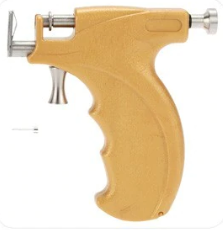
Piercing guns have been used to pierce people's ears in shopping mall jewelry shops and department stores for several dozen years now. It would be hard not to notice these little boutiques and kiosks while you're walking through a mall.
However, the fact that their employees seem to come and go, and might still be in high school, could cause you to question the adequacy of their training. As it turns out, although professional body piercers normally are trained extensively for two to three years, these employees may only have received as little as two weeks' training.
How thorough can that really be? Is two weeks really long enough for an untrained novice to not only learn appropriate piercing techniques, but also the capabilities of different piercing instruments and the intricacies of proper sterilization and safety? Nose piercing gun are myths that are created in these circumstances of inadequate training.
If they were aware of the issue, the training factor alone would be enough to discourage many people from having piercing performed at these locations. However, the potentially inadequate training is only part of the problem. Another significant issue is that these mall and department store locations typically use nose piercing guns rather than piercing needles.
Piercing guns are designed and intended to be used only in traditional ear piercing, to pierce the soft tissue of the earlobes. Under no circumstances should piercing guns be used to pierce cartilage located anywhere, including the nose. Therefore a nose piercing gun is a myth.
The force required for a piercing gun to pierce cartilage - such as when a nostril is pierced - can actually shatter the cartilage. The result can be a tremendous amount of pain, a lengthy healing period, an increased risk of infection, and even permanent disfigurement due to cartilage damage. There are many ways a nose piercing using a piercing gun can go wrong, which is why it's actually illegal to use them to pierce cartilage in several European countries and US states. Many professional body piercers would like to see the use of piercing guns totally prohibited because of their risks.
The story is completely different with piercing needles, which are unrelated to sewing needles. Instead of bashing their way through tissue by brute force like a nose piercing gun, piercing needles have extremely sharp, beveled tips for easy insertion and are similar to the needles used by nurses to start IVs on hospital patients. Piercing guns are usually made of plastic and cannot be sterilized in an autoclave, which increases the risk of cross-contamination and disease transmission. Wiping a piercing gun with a sterile pad soaked in antiseptic or alcohol just doesn't do a proper job of sterilization.
Piercing needles, sterilization

Piercing needles, on the other hand, are routinely sterilized in autoclaves, and any component which cannot be autoclaved is disposed of immediately after use. Autoclaving provides proper sterilization, immediately destroying any blood-borne disease pathogens that might be present on the piercing equipment.
In addition to the sterilization issue, because piercing needles are incredibly sharp, they deliver a clean piercing that heals easily and doesn't hurt anywhere near as much as being pierced with a nose piercing gun. Piercing guns punch their way through tissue and can cause a great deal of painful damage, while piercing needles easily and cleanly slide in. In many cases piercing needles are virtually painless.
Professional body piercers are trained extensively in the proper equipment to use, the proper operation and sterilization of their equipment, and how piercings can affect the body. Part of their training includes learning how to avoid hitting sensitive nerves which can cause extreme pain if they are inadvertently pierced or nicked. These professionals also learn how to prevent cross-contamination of disease and infections.
Not only are they thoroughly trained in how to properly sterilize their instruments in an autoclave, they are also trained to throw away any pieces that cannot be autoclaved, like a nose piercing gun. They also learn the importance of thoroughly disinfecting all work areas before and after every piercing they perform.
As you can see, using a professional body piercer who uses a piercing needle instead of a piercing gun has several significant advantages. Needles are just so much better, avoiding the pain and trauma caused by a nose piercing gun and drastically reducing the likelihood of a post-piercing infection or other complication.
Professional piercers might cost a bit more than having your nose pierced by one of those poorly-trained employees in a shopping mall, but they actually know what they're doing and the procedures they use will minimize the risk of pain and infection. That makes nose piercing performed by a professional with a piercing needle worth a few extra bucks, doesn't it?
From Nose Piercing Gun to the main page about Nostril Piercing
Comments
What you think?
Recent Articles
-
Riche Niche: Health | Lifestyle | Fashion | Marketing | Technology
Mar 14, 25 09:18 AM
Our Riche Niche blog is the easiest way to stay up-to-date with the latest news, trends and articles published on this site. -
The Therapeutic Potential of Medical Cannabis Vaporization
Aug 05, 24 09:32 PM
The use of medical cannabis has been a subject of much debate and research over the years. With the growing acceptance of cannabis for medical purposes, various methods of administration have been exp… -
Amazon Spring Sale: A Season of Spectacular Savings
Mar 18, 24 08:38 AM
Amazon Spring Sale: A Season of Spectacular Savings -
Understanding Nose Piercing Types: A Guide for Teens
Mar 16, 24 09:19 AM
Explore the rising trend of nose piercings among teenagers, understanding the various types and their cultural implications for a stylish appeal. -
Infected Nose Piercing
Mar 16, 24 09:18 AM
You can expect symptoms of infected nose piercing to resemble any other kind of body piercing infection. -
EMS manufacturing services in Malaysia
Mar 09, 24 10:33 PM
Malaysia is one of the leading countries in Southeast Asia that offers EMS manufacturing services to both local and international clients. -
Laundry Business: The Need for Payment System Upgrades
Mar 08, 24 11:14 AM
Discover the benefits of upgrading your laundry business's payment system. Enhance efficiency, increase profits, and improve customer convenience. -
Nose Peircing Store
Feb 18, 24 02:38 AM
A collection of latest at our nose peircing store. -
How to Choose the Right Coffee Maker for Your Needs
Feb 18, 24 02:12 AM
We'll compare the pros and cons of four common types of coffee makers: drip, French press, espresso, and vacuum. We'll also give you some tips on how to choose the right one based on your preferences… -
Emulate Celebrities with Nose Piercings
Feb 06, 24 08:13 AM
Discover the celebrities with nose piercing and get inspired for your next piercing! From studs to septum rings, our list has it all. Read more! -
Types of Nose Rings
Feb 06, 24 08:11 AM
Types of Nose Rings -
Is my nose piercing ring is sinking in?
Feb 06, 24 08:10 AM
Is my nose piercing ring is sinking in? Or just swollen? -
Dry Herb Vape Pens-Discover the Advantages of Malaysian Made
Feb 04, 24 12:39 PM
Choose our non-China dry herb vape pen for its high production standards, strict quality control, and excellent craftsmanship. -
Trinity Nose Ring A Unique Fashion Statement
Feb 03, 24 08:36 PM
Explore the world of trinity nose rings, a unique piece of jewelry that adds elegance and style to your look. Understand the different types and choose the right one for you. -
Redefining Beauty: The Rise of Nose Piercing Trend in the USA
Feb 02, 24 08:34 AM
Explore the evolution of the nose piercing trend in the USA, from ancient tradition to modern expression of individuality.





